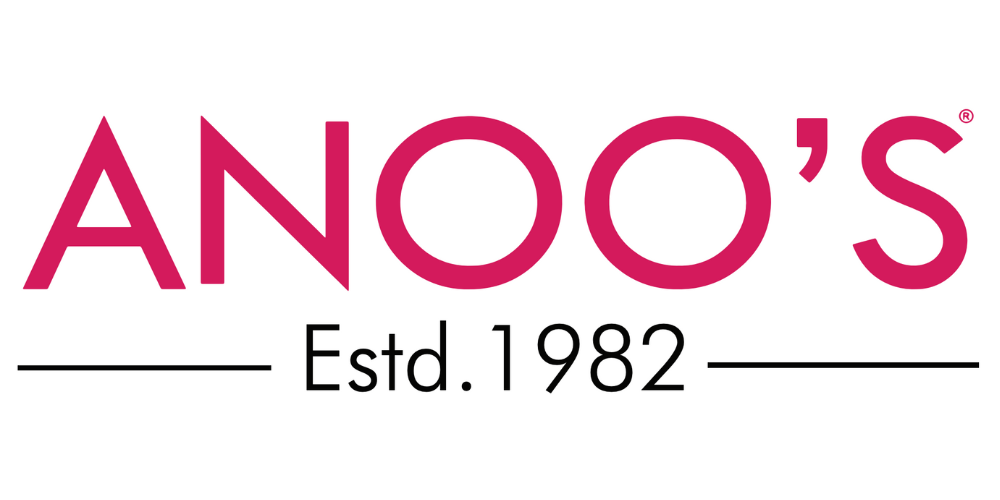[vc_row][vc_column][vc_column_text]
Hair Care Tips for Dandruff Removal and a Healthy Scalp
Dealing with dandruff is somewhat embarrassing. White flake spots on the shoulder, an itchy scalp, and awkward moments in front of people who matter- yeah, everyone has experienced that.
But here is the good news: with the right hair care routine and some smart adjustments, you can get rid of dandruff and enjoy a clean, healthy, and flake-free scalp.
This blog will discuss simple yet effective hair care tips for the dandruff removal and tips on maintaining a healthy scalp in the long run.
What Causes Dandruff in the First Place?
Dandruff is usually caused by a combination of the following:
- Dry skin or excessive oiliness
- Fungal infection (especially Malassezia)
- Product buildup from shampoos, gels, etc.
- Poor scalp hygiene
- Stress, diet, or weather changes
The treatment involves keeping the scalp clean, balanced, and nourished. Here’s how.
Hair Care Tips to Remove Dandruff Naturally & Effectively
-
Choose the Right Anti-Dandruff Shampoo
Use a gentle shampoo with active ingredients like:
- Ketoconazole
- Zinc Pyrithione
- Salicylic Acid
- Tea Tree Oil
These medications fight fungal infections and help reduce the associated flaking and itchiness. Use them 2 to 3 times a week or as prescribed by a healthcare professional.
-
Oil Your Scalp the Right Way
Oiling helps in loosening the flakes and also provides nourishment to the scalp but should not be excessive. Use:
- Coconut oil (antifungal, moisturizing)
- Neem oil (antibacterial, soothing)
- Tea tree oil (with carrier oil dilution for fungal infections)
Leave the oil on for an hour before washing. Do not leave it overnight if your scalp is oily.
-
Exfoliate Weekly
Use a gentle scalp scrub or a homemade solution, such as sugar combined with aloe vera gel, to remove dead skin and alleviate buildup on the scalp. Do this once weekly.
-
Keep Your Brushes & Towels Clean
Microbes that cause dandruff can cling to your brushes, combs, pillowcases, and towels. These should be washed regularly to prevent re-infection.
-
Avoid Scratching Your Scalp
Scratching only aggravates the dandruff and injures the scalp. Instead, relieve the irritation with aloe vera, cold rinses, or therapeutic scalp sprays.
-
Eat a Scalp-Friendly Diet
Support your scalp from the inside with foods rich in:
- Zinc (pumpkin seeds, spinach)
- Omega-3 fatty acids (flaxseeds, walnuts)
- Biotin & Vitamin B (eggs, legumes)
- And plenty of water
Cut down on excessive sugar, oily foods, and processed snacks.
Tips to Maintain a Healthy Scalp Long-Term
- Wash your hair regularly—even if it’s not oily
- Limit heat styling and chemical products
- Keep your scalp dry and clean after workouts
- Avoid tying your hair too tightly for long hours
- Protect your scalp from extreme sun and pollution
When to See a Professional?
If your dandruff:
- Keeps coming back even after regular care
- Is accompanied by redness or swelling
- Spreads to eyebrows, ears, or beard area
…it is best to consult a trichologist or dermatologist. Underlying conditions such as seborrheic dermatitis or psoriasis may require dandruff removal treatment and intervention medical.
Frequently Asked Questions (FAQs)
Q1. How frequently should I wash my hair if I have dandruff?
A medicated shampoo is best used 2-3 times a week. Avoid over washing the hair as it can dry the scalp.
Q2. Is dandruff contagious?
No, it is not contagious. However, sharing combs or towels can transmit scalp fungi or bacteria, so it is best to avoid sharing personal items.
Q3. What’s the best natural remedy for dandruff?
A great natural remedy for dandruff and a soothing scalp is aloe vera, diluted apple cider vinegar, neem oil, and tea tree oil.
Q4. Can clinical treatments help with dandruff?
Yes! Scalp detox, anti-dandruff peels, and professional treatments such as high-frequency scalp treatment or ozone therapy done at reputable clinics can provide quicker and more effective results than home remedies.
Dandruff is not a life sentence. With ongoing care, proper habits that are friendly to the scalp, and effective treatments, it is finally possible to achieve good cleanliness and healthy, hair without flakes.[/vc_column_text][/vc_column][/vc_row]

[…] and expressions. Therefore, it can be annoying to notice hair reduction or low volume. While hair thinning is normal and affects both men and women, the first step for healthy and thick hair is to […]